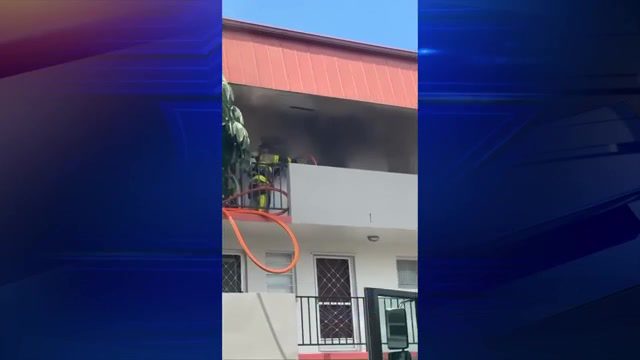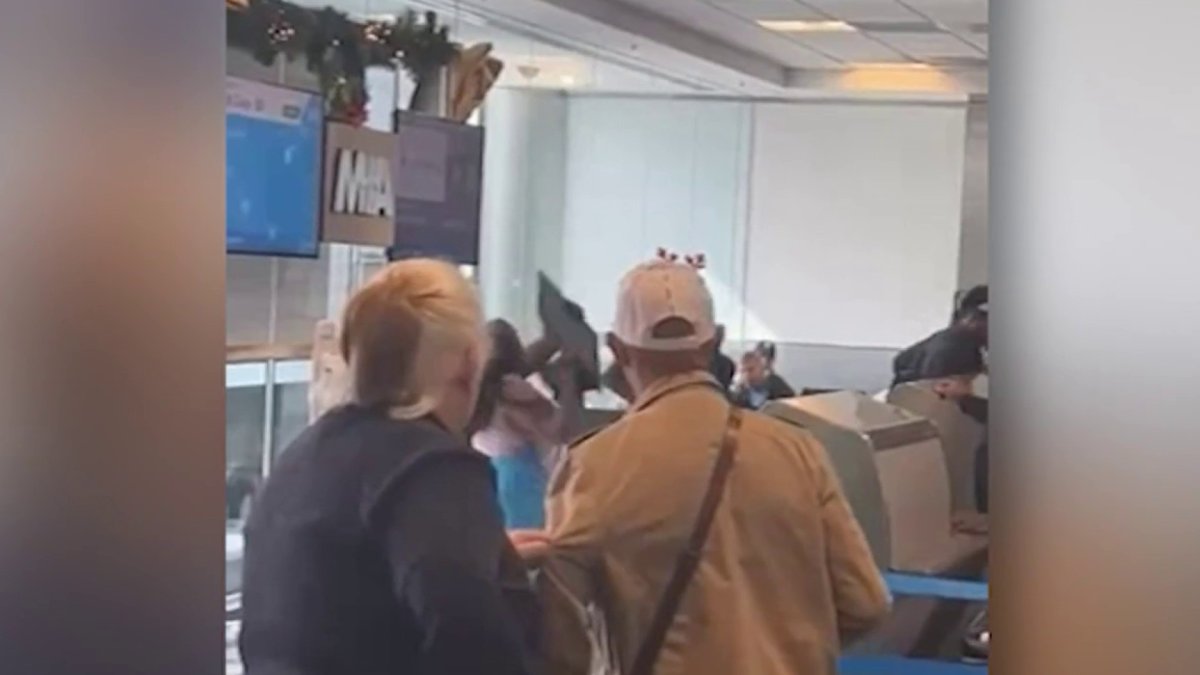Urban Forest will add 1,025 trees in Miami
Advertisement

Miami’s green canopy may grow by over 1,000 trees in areas with the least shade coverage as almost $2 million in federal funding will help establish an urban forest project in the city.
The city commission is set to accept a $1,999,999.82 grant today (7/25) from the US Department of Agriculture (USDA) to create the Miami Urban Forest and Green Workforce Project. The initiative aims to stave off the sweltering summer heat by planting more trees in the southwest portion of the city, one of Miami’s most densely populated regions with the most significant canopy deficiency, and train up to 60 residents from underserved communities to enter the green workforce.
Last July, the city adopted the Southwest Streetscape Master Plan as a blueprint to develop the tree canopy within the approximate 6.7-mile project area and build resilience to climate change through tree shading to reduce the heat island effect.
Heat islands are urbanized areas that experience much warmer temperatures than surrounding rural areas since buildings, roads and other infrastructure absorb and re-emit the sun’s heat more than natural landscapes such as forests and water bodies.
The project area lies mainly within Districts Three and Four, extending from the north at Southwest First Street, to the south from Southwest Eighth Street to Southwest 11th Street and the west portion is bound by Southwest 27th Avenue and US 1 and the east between Southwest 37th and 39th avenues.
If the resolution, sponsored by District Four Commissioner Manolo Reyes, is approved, the city will use $1,650,250 of the grant to plant 1,025 trees in the existing grassy swale areas of the public right-of-way.
The project will also create a pathway into the green workforce for adults who live in Miami’s underserved communities with the assistance of partners at the University of Florida’s Institute of Food and Agricultural Sciences Miami-Dade County Extension (IFAS) and Citizens For A Better South Florida.
IFAS will be sub-awarded $90,074.62 to train up to 60 adults from the Green Workforce Cohorts over three years. The City of Miami’s Opportunity Center will identify and refer 20 trainees to the cohorts annually and because of the participants’ economic vulnerability, the center will provide a stipend equivalent to a living wage of $16.15 per hour to help them complete the course.
Trainees will undergo 80 hours of Florida Certified Landscape Technician curriculum, aligned with Florida Nursery, Growers and Landscape Association guidelines. The skills learned and credentials earned are an industry standard for employees in landscape contracting, design/build, tree installation firms and state and local governments.
The course will prepare students to take the landscape technician certification test, giving trainees the required skills and education to apply for green jobs in the City of Miami and other organizations.
A total of $77,520 of the grant will support the paid training stipends. Miami’s Opportunity Center will also work with participants to place them in green jobs and provide additional employment resources such as resume development.
Citizens For A Better South Florida will be sub-awarded $15,000 for community engagement and outreach activities. The nonprofit will provide workshops to raise trainees’ awareness of the expanse of green career fields, encourage them to advance in the workforce and teach them to effectively communicate tree benefits in the public and private sectors within their careers.
Lastly, about $137,000 will be allocated to create a Street Tree Management Plan for the long-term maintenance and sustainability of the project. That will include action plans for a resilient urban forest, such as storm response and recovery, comprehensive risk management and tree planting diversity.
The project assessment will use iTree software to calculate and track the amount of carbon stored, pollution removed, avoided runoff and reduction of urban heat island effect.
The funding comes from the USDA’s Urban and Community Forest Program, which is dedicated to growing and maintaining urban trees, forests and green spaces. The program operates under the Justice40 Initiative, the product of an executive order issued by the Biden administration in January 2021 to ensure 40% of benefits of particular federal climate, clean energy, sustainable housing and other investments flow to disadvantaged communities that are found to be marginalized by underinvestment and overburdened by pollution.


